A Remarkable Rescue: UTHealth Houston’s Emergency Medicine Saves Runner’s Life during Houston Chevron Marathon
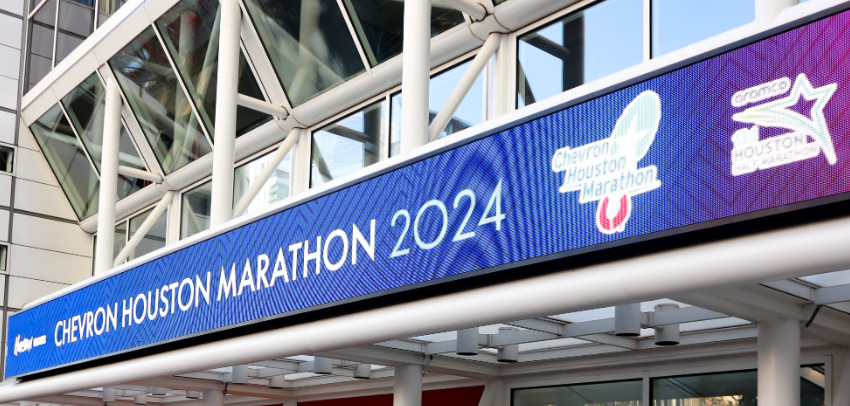
In a heart-pounding turn of events at the recent Houston Chevron Marathon, the Department of Emergency Medicine at UTHealth Houston showcased their lifesaving expertise in an unprecedented manner. Mr. Lee Johnson, a seasoned runner at 65 years young, found himself facing a sudden cardiac arrest just 200 yards away from completing his 10th half-marathon. What followed was a testament to swift action and unwavering dedication to saving lives.

Johnson vividly recalls the moment of collapse, recounting, “I went completely unconscious and then woke up in an ambulance.” Thankfully, the quick reactions of fellow runners, a Houston Police Department officer, a Cy-Fair firefighter, and an athletic trainer proved instrumental in initiating CPR and administering shocks with an automated external defibrillator. Yet, despite their efforts, Johnson’s pulse remained elusive.
 With CPR in progress, Johnson was promptly transported to the marathon’s field hospital, under the guidance of Joseph P. Gill, MD an esteemed member of UTHealth Houston’s Department of Emergency Medicine. There, a specialized team comprising doctors, nurses, pharmacists, and a cardiac perfusionist stood ready with a Mobile Extracorporeal Membrane Oxygenation (ECMO) machine, a sophisticated device designed to sustain vital functions during critical situations such as cardiac arrest.
With CPR in progress, Johnson was promptly transported to the marathon’s field hospital, under the guidance of Joseph P. Gill, MD an esteemed member of UTHealth Houston’s Department of Emergency Medicine. There, a specialized team comprising doctors, nurses, pharmacists, and a cardiac perfusionist stood ready with a Mobile Extracorporeal Membrane Oxygenation (ECMO) machine, a sophisticated device designed to sustain vital functions during critical situations such as cardiac arrest.
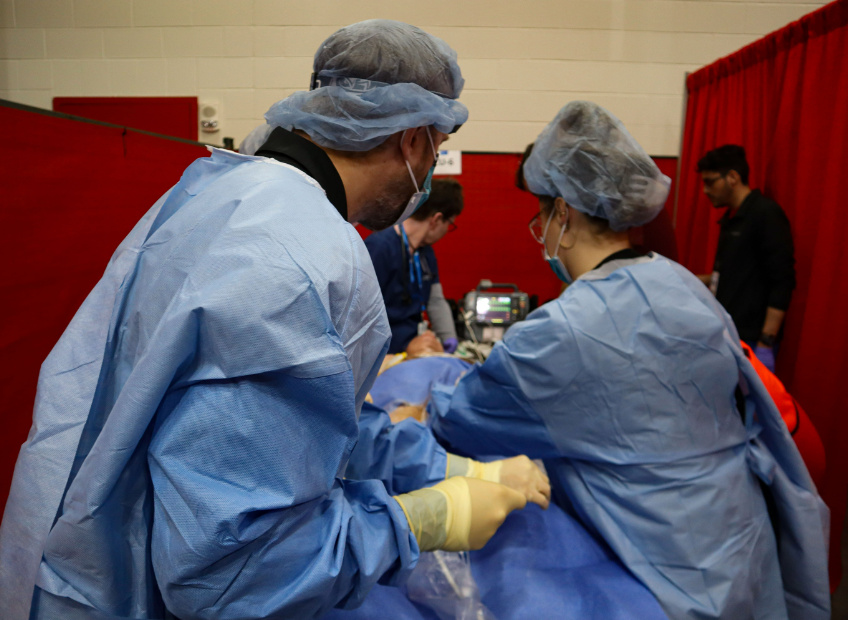
Upon arrival at the UTHealth Houston Mobile ECMO medical team, Johnson’s faint pulse signaled a precarious state. However, with meticulous care and fast-acting intervention, including the administration of IV anti-arrhythmic medication and the preparation for ECMO placement, Johnson’s condition gradually stabilized.
For the full story by UTHealth Houston News, please click here: A life saved: UTHealth Houston mobile ECMO team’s first-ever deployment for the Chevron Houston marathon – UTHealth Houston
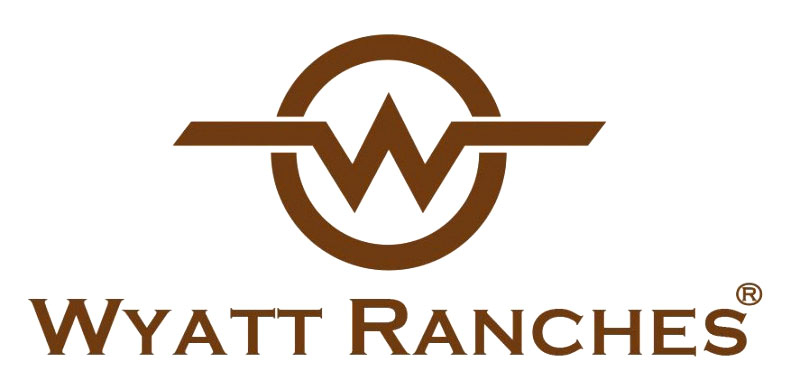
We extend our deepest gratitude and admiration to the Wyatt Ranches for their generous donation of the state-of-the-art ECMO-1 Mobile Resuscitation Unit and Mobile Simulation Training Unit (MSTU). These invaluable contributions have revolutionized our department’s capabilities, enabling us to quickly respond to emergencies, provide essential equipment, and train future emergency medicine professionals. We thank the Wyatt Ranches for their continued support and efforts on our mission to save lives and advance emergency medicine.
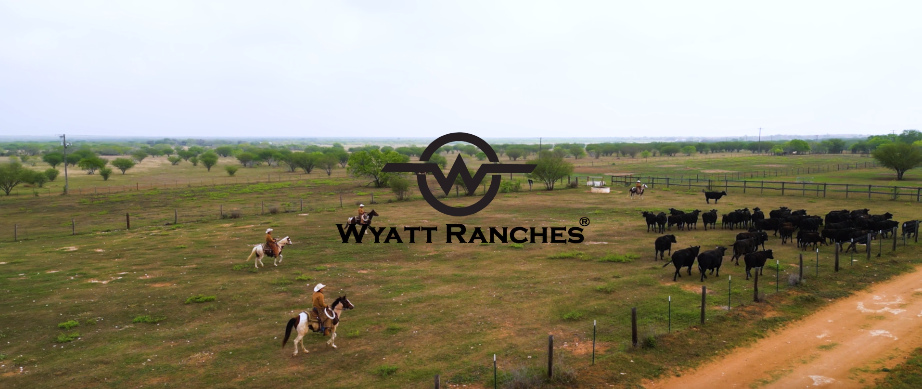
Wyatt Ranches
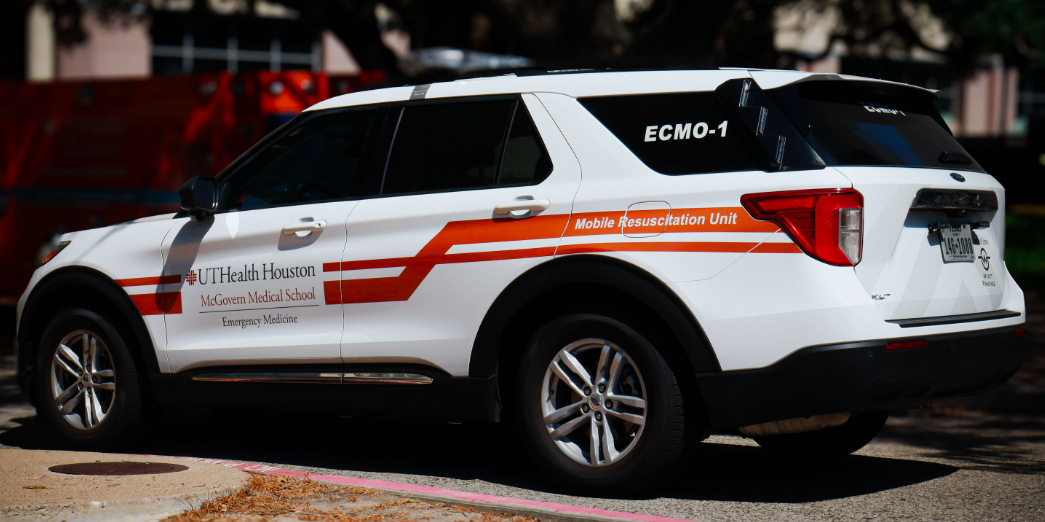
ECMO-1 Mobile Resuscitation Unit
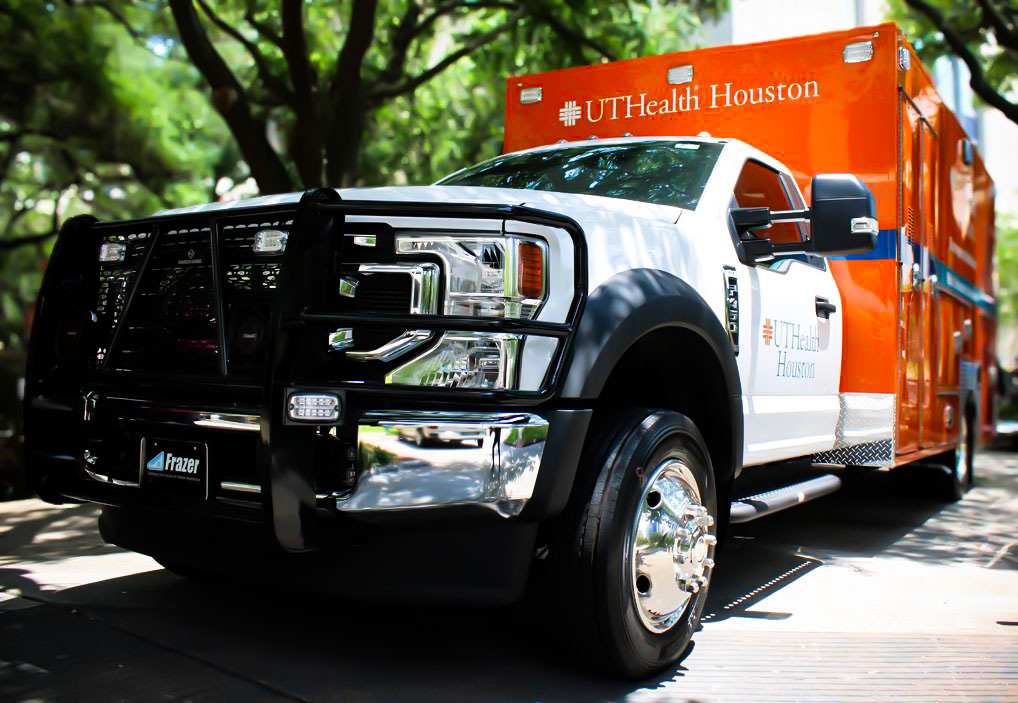
Mobile Simulation Training Unit (MSTU)
In the realm of emergency medicine, every second counts, and Lee Johnson’s story stands as a poignant reminder of the profound impact of timely intervention and collaborative efforts. As the Department of Emergency Medicine continues to uphold its commitment to excellence, Johnson’s remarkable journey serves as a beacon of hope and inspiration for all.